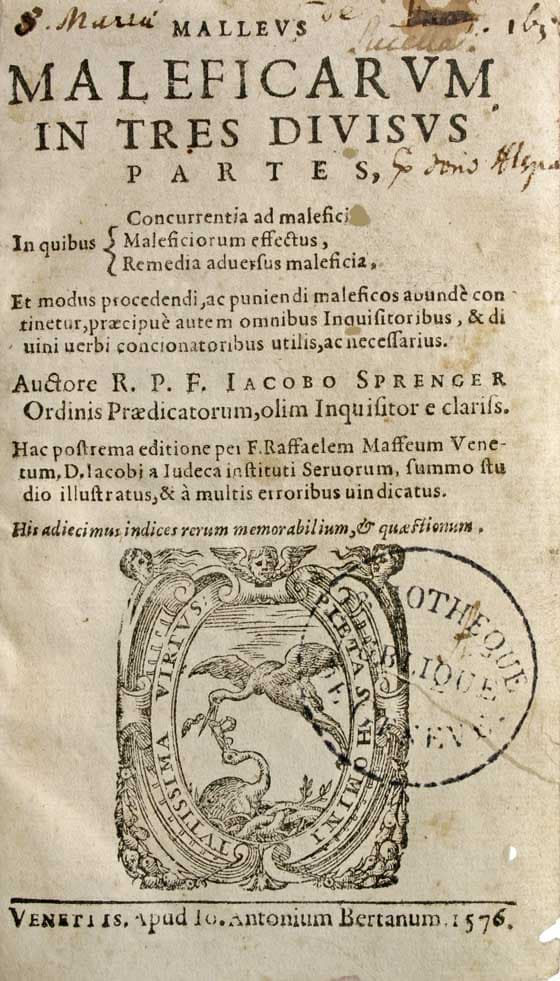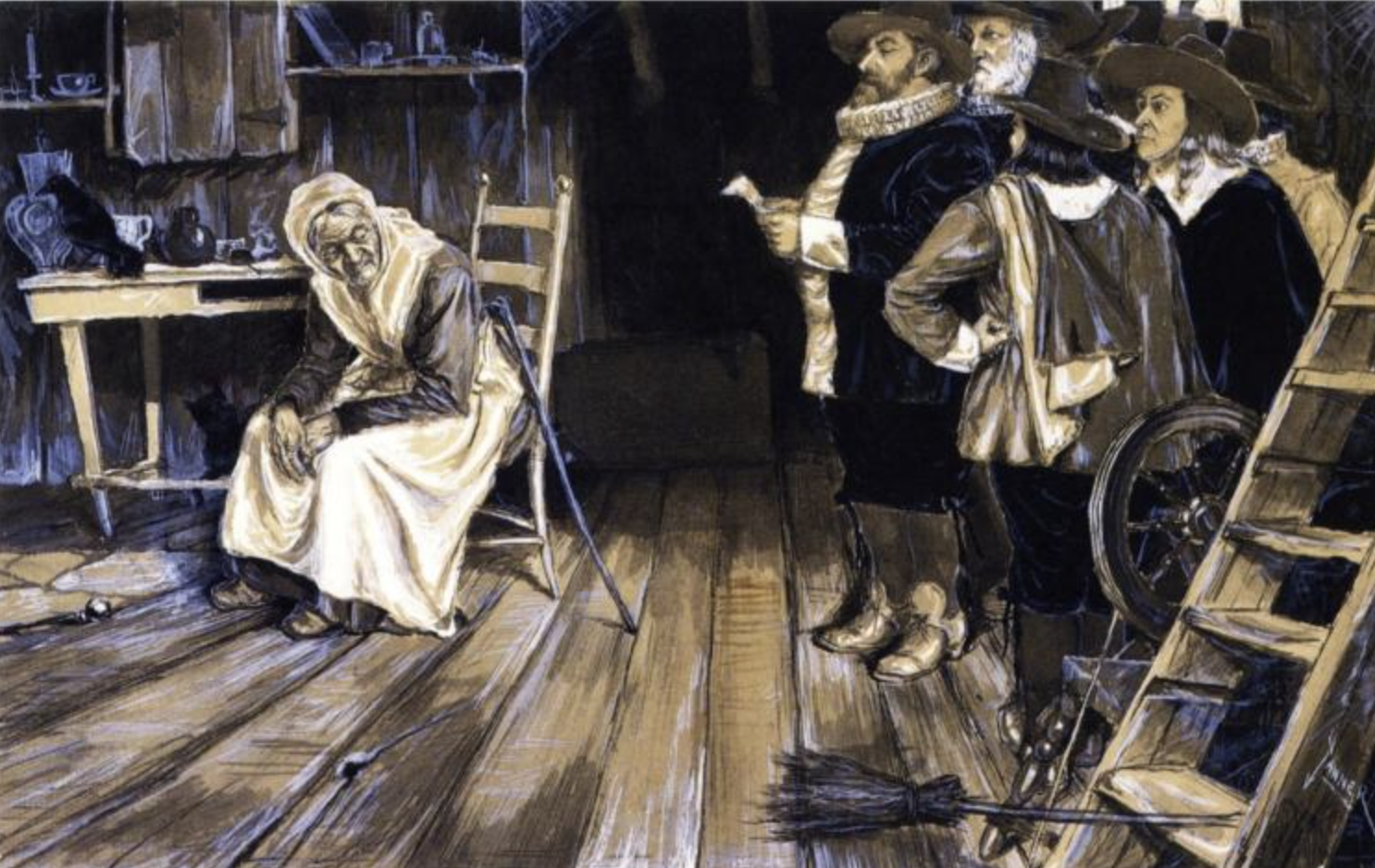Whose Truth
Sometimes women with voices are shut out of the camp. But that’s not the end of the story.

This is Life as a Sacred Text 🌱, an everybody-celebrating, justice-centered voyage into ancient stories that can illuminate our own lives. It‘s run on a nonprofit, so it’s ✨100% NAZI FREE.✨More about the project here, and to subscribe, go here:
Last week we looked at Numbers 12 with a focus on what on earth might be happening with the "Kushite wife" against whom Miriam and Aaron spoke.
However, it's a big little chapter, and this week we're going to look at it again, through another lens.
Miriam and Aaron spoke against Moses because of the Kushite woman he had married: “He married a Kushite!” They said, “Has God spoken only through Moses—and not through us as well?” God heard it. (Numbers 12:1-2)
"...Oh, yikes. We, like, didn't mean for God to hear that. Whoops."
So God (metaphorically, non-anthropomorphically, of course) yells at Miriam and Aaron in the Tent of Meeting for daring to talk badly about God's special buddy, and then goes off in a Theological Huff.
As the cloud withdrew from the Tent, there was Miriam is tzaraat'd like snow! When Aaron turned toward Miriam, he saw that she was tzaraat'd.... God said to Moses, “If her father spat in her face, would she not bear her shame for seven days? Let her be shut out of camp for seven days, and then let her be readmitted.” So Miriam was shut out of camp seven days; and the people did not march on until Miriam was readmitted. (Numbers 12:10-16)
Right, so only Miriam gets tzaraat. And not only that, but when Moses and Aaron ask for her to be healed (I skipped that bit), God says that mean, misogynistic thing about Miriam. And sends her outside the camp.
The thing is this:
The text never says that the Kushite wife thing that caused Miriam and Aaron to "speak against" Moses about wasn't true.
Or that they were wrong to raise it, even.
The next thing that happened is that they asked a question.
And only she is punished.
Only she is maligned.
Only she is sent away.
About a week after Shuhada' Sadaqat’s (1) (nee Sinéad O’Connor)'s death, I found myself on the floor of my kitchen tearily pounding this next section out on my computer:

I had been hit by the loss of musicians before, of course. But, for me, her death last week is somehow so much more personal. And that seems to be the case for far more of my contemporaries than I would have anticipated–given the outpouring of grief and love I have seen on my social media, and given the overwhelming(ly positive) response I got to a eulogy, of sorts, that I wrote last week.
And I think I know why. It wasn’t just because of her brilliance and her suffering, and all of the permission that she granted to all of us. It was also that, of course.
But it was also that–
perhaps, we felt, maybe, like we’d just witnessed a witch burning in slow motion, over decades.
We saw a woman who not only spoke uncompromising truths and sang with her entire throat, she also dared to do the one thing so few of us have ever allowed ourselves to do:
To be in pain, in public.
To be desperate, anxious, unsure; to be angry, but not in a way that has been clarified and channeled, but rather in a way that is messy, hurt, vulnerable.
She dared to be as honest as she could be about her experiences at any given time.
And they incinerated her for it.
The mob came with torches every time she said anything in public, at some point.
but everything was really over with the tearing of the Pope photograph.
Because it was easier to get angry at her for tearing a piece of paper than it was to face the substance of her critique– even if she needed to clarify it later.
The moment anyone utters the words “child abuse” the conversation should be over– what is there to critique in her complaint? But nonetheless, Joe Pesci said the following week that he "would have gave her such a smack;" Madonna parodied her; the news and late-night hosts went on and on; she was booed offstage at a star-studded Madison Square Garden Dylan tribute, and her career never really recovered. (2)
Professionally speaking, she was struck with tzaraat.
She was sent outside the camp for asking the wrong questions.
For speaking against the wrong people.

Jumping back a few hundred years:
Two things began to happen fairly concurrently in the late Fifteenth Century, according to a number of historians:
1) The increasing professionalization of medicine by men serving the nobility– through both medical licensing and through university educations (that were denied to women.)
2) An increase in accusations of witchcraft aimed at women who practiced self-taught (and/or ancestral-taught) healing arts in their community.
The 1486 Latin book The Malleus Maleficarum– "The Hammer of Witches,"– proved influential in the prosecution of women for witchcraft. Among other things, it asserted that witches were more likely to be women because of our inherently evil nature, lesser intelligence and tendency to lie. ("The more women, the more witchcraft," Mishnah Pirke Avot 2:7). (3)
And it says that midwives are witches because they know about birth control and abortion (and, uh, some other stuff that doesn't seem standard in midwifery internships as far as I'm aware?) Bold mine:
“Now there are, as it is said in the Papal Bull, seven methods by which they infect with witchcraft the venereal act and the conception of the womb: First, by inclining the minds of men to inordinate passion; second, by obstructing their generative force; third, by removing the members accommodated to that act; fourth, by changing men into beasts by their magic act; fifth, by destroying the generative force in women; sixth, by procuring abortion; seventh, by offering children to the devils, besides other animals and fruits of the earth with which they work much charm…” (From the The Malleus Maleficarum)
It's pretty clear what's happening, right?
There's the issue of the possession of medical knowledge, of course. And there's clearly, right there on the surface, that bonus concern that birth control and abortion, then as now, gave those with uteruses agency over their own bodies, and thus lives.
Some of those in power–probably various people in power, with various agendas– wished to make it possible for these healers to simply not exist, to not be threat to them, their power, their agendas. They needed to be eliminated.
But before that, they needed to be vilified.
As the inimitable Soraya Chemaly (who has an exciting new book coming out! The Resilience Myth:New Thinking on Grit, Strength, and Growth After Trauma) summed up the matter:
Older, assertive, knowledgeable, authoritative and respected women were not welcomed in a fast-changing world in which many forces were aligned against them. They were a constant challenge to men’s power.

Most of the women murdered as witches were, in some way, woman who didn't have the protection of a man with power. Many were spinsters or widows. Some were those who didn't conform socially. Some were those who were able to be financially independent, or those who were racial or religious others (Quakers in a Puritan community, eg).
Among other things, witchcraft accusations were a convenient way to steal assets: Blame a woman who isn't in a position to fight back of witchcraft, and while she's wrangling a system she likely won't win, that land / house/ property is pretty easy to snag.
All of these things were part of the larger system of which the discrediting of female healers was a part.
We must always be attuned to questions like:
What narrative are we trying to advance, and whose interests does this serve?
Whose voices might be suppressed in the process?
How do the narratives that we hold dear– that we lift up as true, as holy, even– evolve, and how, and why?
There isn't anything in the text that indicates that Miriam was not telling the truth.
That Miriam and Aaron weren't telling the truth.
Whatever it was that caused them to "speak against" Moses.
How did this text get written? Why did this text get written?
What traditions might have existed before or concurrent to the redaction of this story?
We will never know.
But God here is depicted as furious. And rebukes both Miriam and Aaron– in that metaphoric, anthropomorphic way, whatever–
But only Miriam is struck with disease.
God said to Moses, “If her father spat in her face, would she not bear her shame for seven days?"
"I'm not sorry I did it. It was brilliant," she said [in 2021 of tearing the photo of the Pope in 1992]. "But it was very traumatizing. It was open season on treating me like a crazy bitch."
So much of our stories are how we tell them.
In Exodus, when God calls Moses from the Burning Bush Phone with the news that he's gotta tell Pharaoh to let the enslaved Israelites go, Moses has a bit of a panic attack. He has a whole, "but are people going to take me seriously as a prophet??" thing that requires no fewer than five back and forths of divine reassurance. One of them includes this:
But Moses spoke up and said, “What if [the Israelites] do not believe me and do not listen to me, but say: God did not appear to you?” [God shows Moses a party trick with a staff that turns into a snake.] God said to him further, “Put your hand into your [garment, at your chest].” He put his hand into his [garment, at his chest]; and when he took it out, his hand was tzaraat'd like snow! (Exodus 4:1-6)
So– God giving someone tzaraat, like snow, can, in fact, be
a sign of their power as prophets.
The prophet Micah says, in God's voice:
In fact, I brought you up from the land of Egypt, I redeemed you from the house of bondage, And I sent before you Moses, Aaron, and Miriam. (Micah 6:4)
The Jewish feminist writer Enid Dame wrote,
Micah's intention is unequivocal. The uneasiness lies in the readers'- our own- response. We feel the click of insight. Of course these important ancestors must be invoked together. So, why are we surprised at the inclusion of Miriam's name? Miriam, then, is both a powerful and a silenced woman. She is doubly silenced: in the [Numbers] text (by God) and in the arrangement of the texts, by writers and editors who reduce her story to a few brief mentions.
But however this went down, the people's loyalty to Miriam was not omitted.
Their dedication to her, and to the idea that we don't leave anyone behind, is clear:
So Miriam was shut out of camp seven days; and the people did not march on until Miriam was readmitted. (Numbers 12:15)
Sometimes women who tell the truth are shut out of the camp.
Sometimes they pay the price for angering the wrong powers that be.
But the truth that they unleash cannot be put back into the box.
The objections that Miriam– and Aaron! – raised, the questions that they asked are nonetheless recorded in our Torah.
The alarms that Shuhada sounded were heard eventually, though countless children had to pay the price for our collective inactivity in the meantime.
The Scottish Parliament recently dropped a bill to formally pardon the roughly 4,000 of the Scots who were accused of being witches that were tortured until confession and executed under the Witchcraft Act between 1563 and 1736. Activists are still working on advancing it with a new legislative sponsor, however. The Witches of Scotland campaign seeks, as part of Repentance and Repair, this pardon, the apology the campaign has already generated, and a national memorial "to respect the memory of those accused and convicted of witchcraft."
Whose voices do we hear?
Whose agendas do we follow?
And why?
Like this? Get more of it in your inbox every week. 🌱
For free every Monday—sign up at the ‘Subscribe now’ button just below.
And if you become a paid subscriber, that's how you can get tools for deeper transformation, a community for doing the work, and support the labor that makes these Monday essays happen.
A note on the subscription model:
I want my work to be as accessible to as many people as possible, in as many ways as possible. That's why the Monday essays are free, and why we donate subscriptions to anyone for whom paying is a barrier to the House of Study posts.
I also believe people should be paid fairly for their work. Needless to say, these two values sometimes seem to be in conflict, but I do what I can to find a fair balance. I offer many resources for free, and charge for others. When you donate generously or pay at the top of our scale, that helps support the work I do, provides access for those who have fewer resources, pays for the infrastructure and the technical and practical support that it takes to do this, and helps us keep the work sustainable.
And as always, if you want in to the Thursday space but paying isn't for you now, just email support@lifeisasacredtext.com and we'll hook you up.
And if you’d like to underwrite one of these donated subscriptions, you can do so by signing up at one of the higher subscription points.
And if it resonated with you, please share this post.
Sending a big pile of blessings and goodness your way. 💕
FOOTNOTES
[1] Shuhada' Sadaqat’
[2] Her intent in tearing the Pope photograph
[3] More women, more witchcraft, Pirke Avot, etc etc
How did I miss the meanings of her names before? I just noticed that her last name is the Arabic cognate of tzedekah, aka redistributive economic justice. In Islam, Sadaqat refers to voluntary giving, in contrast to zakat, obligatory giving (which is one of the Five Pillars of Islam.) "Justice" is the root word. "Shuhada'" means either/or "witnesses" or "martyrs," as far as I can tell. Martyr of, and/or Witness of, Justice. Either fits. ↩︎
Her Saturday Night Live appearance— and her subsequent explanation that she was protesting Catholic priests' sexual and physical abuse of children and the Catholic Church's role in genocide-- was in 1992. The famous Boston Globe investigation took place in 2002, not for another ten years. She was sounding the alarm and nobody listened. For ten years. (Years later: "It's not about do I feel vindicated, or you or me or anybody bloody else. It's about these poor children who actually went through the violence and horror that we can't even begin to imagine." And who continued to go through horrors because nobody was listening to her.) She also said later that she had no regrets about the professional hits that she took as a result of the SNL incident–she was a protest singer, she said, not a pop star– but, nonetheless, that doesn't mean that the blackballing was just. ↩︎
Needless to say, there's a lot of stuff about witchcraft and Judaism, magic and Judaism, and folk healing practices and Judaism, and gender and allllllll of these things-- and it's tempting to go on a whole tangent here, but for the sake of word count, coherence, and many other things, I'll hold off for now. Fear not, my pretties, I've got a number of posts on these topics cooking on the back burner for other days. ↩︎


